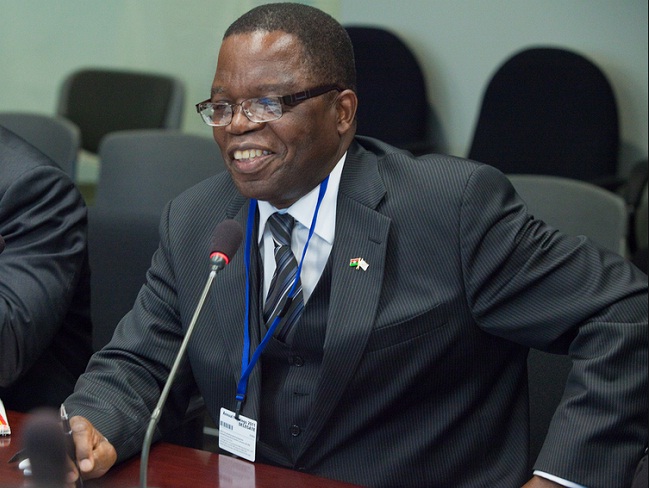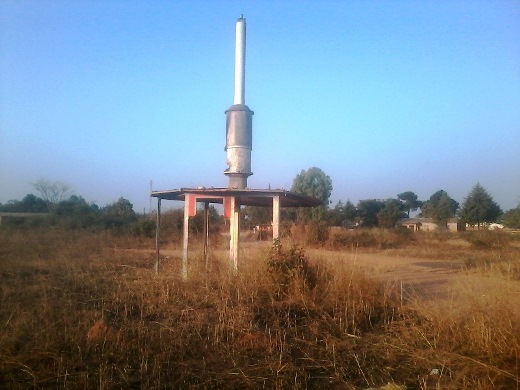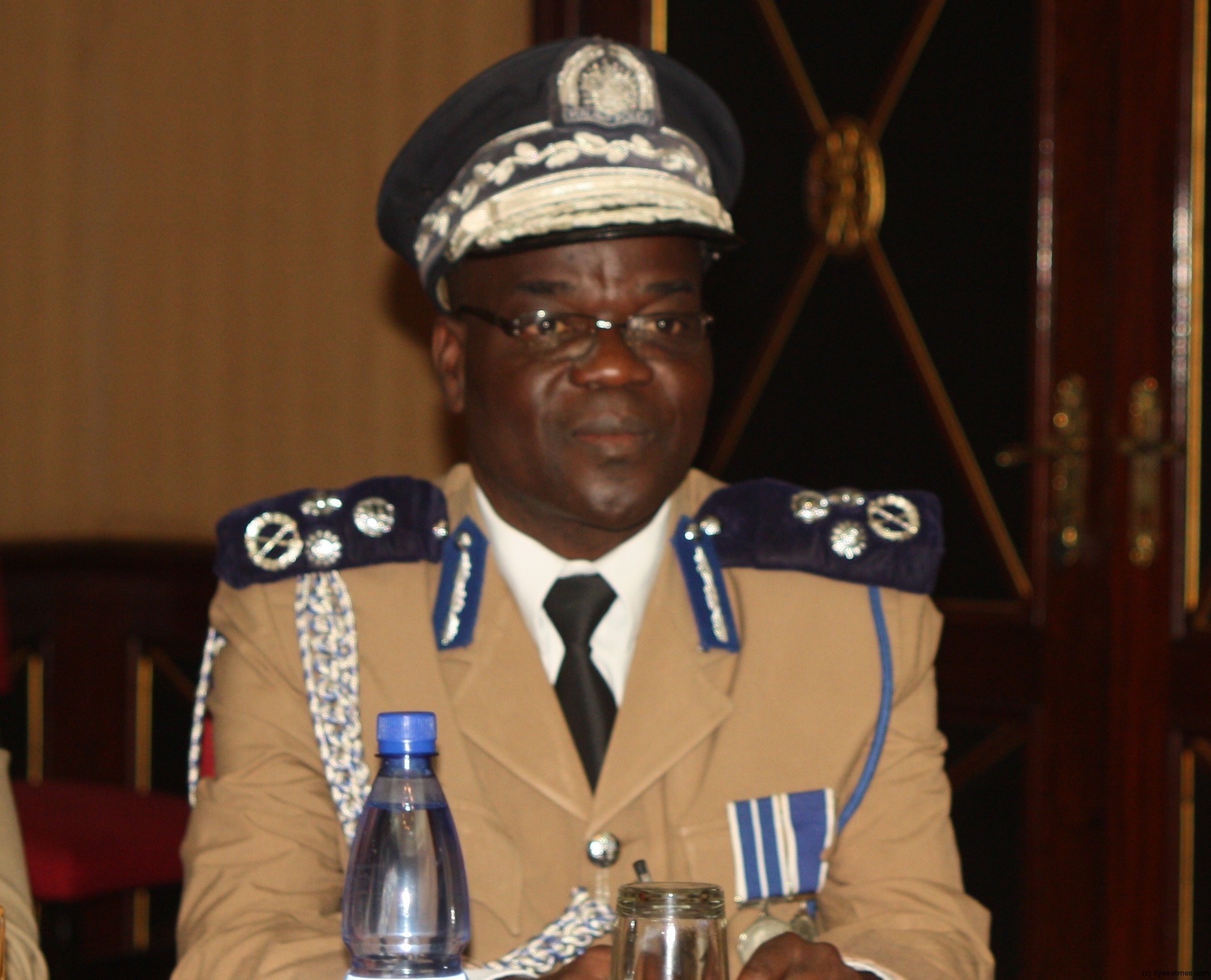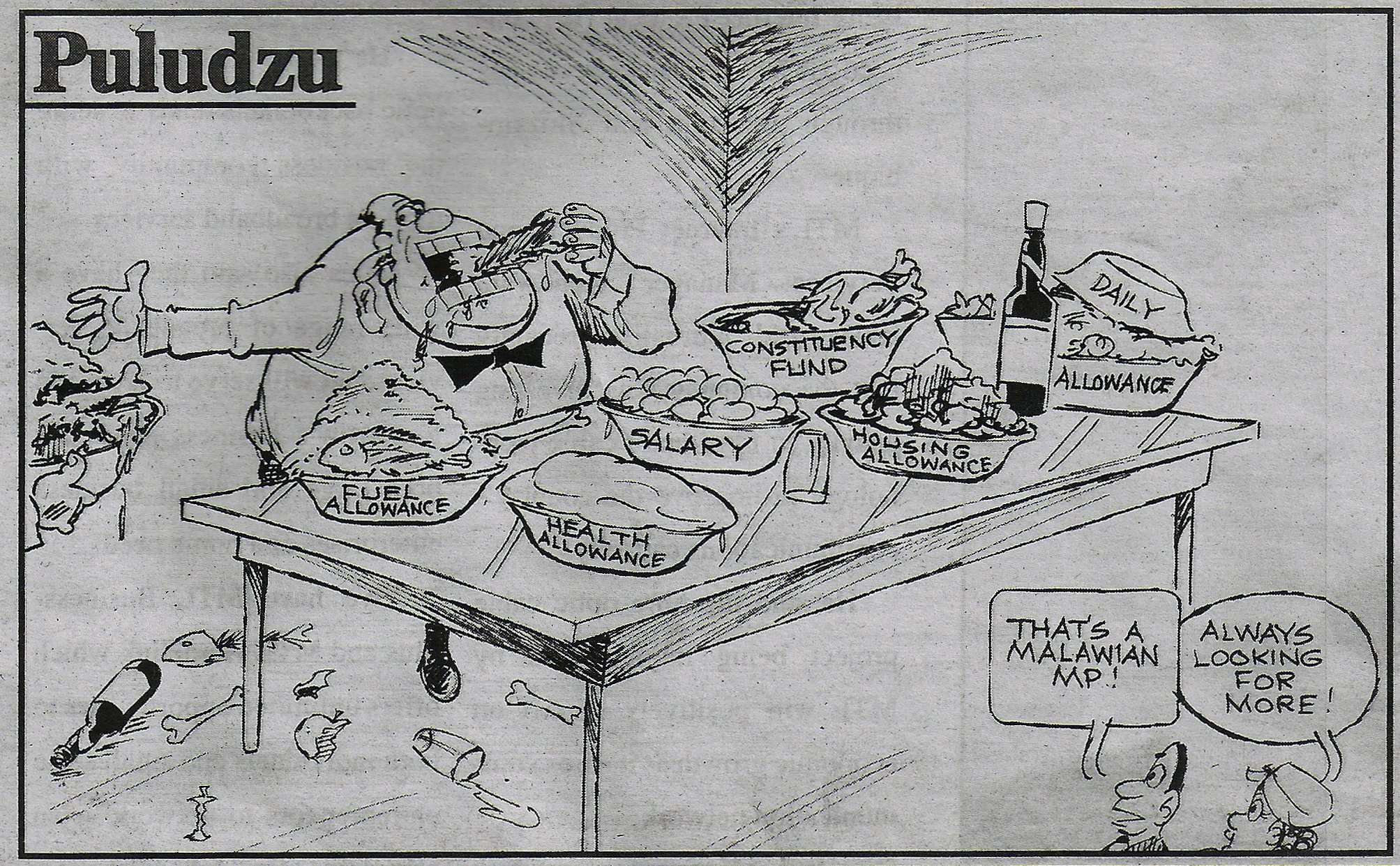Malawi’s finance minister Ken Lipenga says he is confident Malawi will receive in excess of US$1 billion (K315 billion) in budgetary and other programme support from donors by the end of this financial year.
“I expect that Malawi will receive around US$1 billion in the current financial year through various different aid modalities including budget support and support to the various sector wide approaches,” Lipenga told the media in Tokyo, Japan on Wednesday.
He said contrary to assertion that aid to Malawi is now erratic and declining, Malawi was still enjoying considerable support from donors.
“Despite the financial problems our partners have been experiencing, they have continued to support Malawi,” said Lipenga.
He said the goal of the government is to one day become self-reliant but that in the meantime, the support that Malawi is getting has provided room for Malawians to carefully strategise.
Lipenga said development partners have been proactive in terms of supporting the government in the 2012/13 financial year with the World Bank and African Development Bank committing budget support.
“Norway and the European Union have committed to disburse budget support before Christmas,” disclosed Lipenga.
He said there is also a lot of sectoral budget support – from the United Kingdom’s Department for International Development (DfID).
“There is also a lot of aid which is not disbursed through government channel s but through international NGOs and research centres,” said Lipenga.
The minister said in the 2011/2012 financial year, total aid to Malawi was US$1,022 million which, he said, was an increase of seven percent over the total aid in 2009/10.
“Aid only dropped l a s t year due to strained relations with our development partners and the suspens ion of the Extended Credit Facility [with the International Monetary Fund],” he said.
He said the Malawi Government and development partners strive to ensure that all aid is aligned to the country’s national priorities as articulated in the Malawi Growth and Development Strategy II and in line with the principles of Development Effectiveness as outlined in Paris, Dakar and Bussan.
“We are working to improve aid effectiveness so that it has the maximum impact on economic growth and poverty alleviation,” said Lipenga. He deplored what he called “the constant negative reporting by the press on aid”, arguing that such reports have not been accurate and were not a reflection of the reality on the ground.
“It is appropriate for Malawi to acknowledge the constructive relationship we have with our development partners and the people of their countries who make sacrifices in order to finance development assistance,” said Lipenga.




